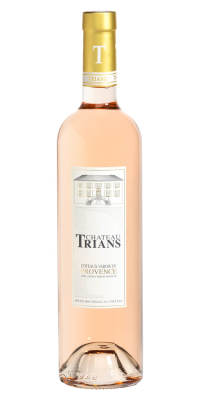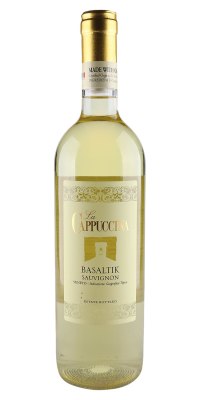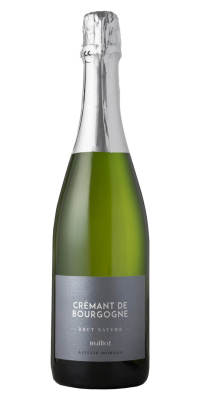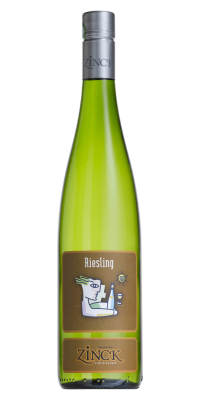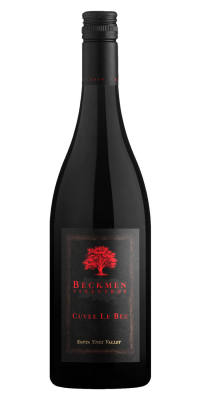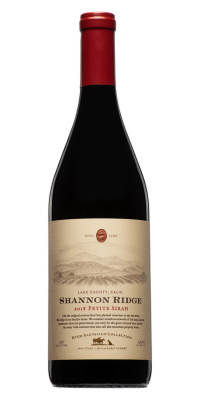What's The Difference Between Organic and Biodynamic Wines?

Originally published 2021, updated March 2024
Ah, the 90s - a time of neon colors, oversized fashion, and, of course, Captain Planet. For those who fondly remember, Captain Planet wasn't just a show; it was a call to action, an anthem for environmental protection. Fast forward to today, and the need for environmental stewardship is more pressing than ever. But fear not, fellow eco-warriors and 90s kids! The battlefield has shifted from cartoon adventures to the more sophisticated realm of winemaking. Yes, you heard right – winemaking.
We're exploring the eco-friendly realms of organic, biodynamic and sustainable wines. We'll explore what these terms truly mean, from the vineyard to your glass, and how they impact not just the flavor and quality of your wine, but also the health of our planet. From understanding the difference between a wine labeled 'certified organic' or 'made with organic grapes', to unraveling the mystical practices of biodynamic viticulture, and discovering the innovative techniques in sustainable winemaking.
What exactly makes a wine organic?
Organic wines go beyond grape variety and vintage, involving complex elements like sulfite levels and certification criteria. Not every wine at eco-conscious stores is fully organic. Here are different ways in which wine can be classified as organic. It can be "certified organic," which allows for a legal certification, commonly found under USDA Organic or EU Organic. Alternatively, it can be labeled "made with organic grapes." All classifications, however, share these practices: they are made from grapes grown without the use of synthetic pesticides, contain no GMO's and use only organic additives - such as organic yeast.
So, what distinguishes these classifications from one another?
Sulfites.
While some people associate sulfites with the day-after-drinking headache, they are the most useful component for preserving wine. The number of sulfites in a liter of wine can range from 5 mg/L (5 parts per million) to about 200 mg/L. The maximum legal limit in the United States per bottle of wine is 350 mg/L.
What are the differences in sulfites between the three most common organic classifications?
-
USDA Organic wines have no added sulfites, but 10 mg/L of naturally occurring sulfites may be present.
-
EU Organic wines may contain added sulfites, but they are limited to 100 mg/L in red wine and 150 mg/L in white and rosé wine.
-
"Made with organic grapes" wines can contain up to 100 mg/L in added sulfites.
Expert Recommended Organic Wines:
Château Trians Provence Rosé is a French rosé blend that has been organically certified since 2008. Pair it with nearly any dish and enjoy the strawberry notes and floral aromas.
If rosé isn't your preferred style, then try La Cappuccina Sauvignon Blanc. This certified organic Italian wine has intense aromas of peach and grapefruit, finished by soft fragrant notes of mint and herb, making it perfect for a warm Florida evening.
For something effervescent and elegant, try Vignobles Bulliat Crémant de Bourgogne Brut. It is a dry French sparkling wine created using organic practices and expresses with fine, long-lasting bubbles and a delicate aroma that is reminiscent of citrus and flowers. The wine also has subtle hints of green apple and toasted bread and is perfect for any celebratory occasion or paired with seafood dishes.
What is biodynamic wine and how is it different from organic wine?
If you're someone who believes in the power of the natural world and its ability to nourish us, then biodynamic wines might just become your new vino vibe. Inspired by the teachings of Austrian philosopher Rudolf Steiner, biodynamic farming is an approach that sees the vineyard as a living, breathing ecosystem that is deeply interconnected with the wider universe. It's a holistic and homeopathic method that embraces lunar, solar and cosmic rhythms while seeking to cultivate wine in a way that is both sustainable and spiritually fulfilling.
Unlike conventional winemaking, which relies heavily on artificial chemicals and additives - biodynamic winemakers forgo anything that is not derived from the earth itself. From growth to fermentation, the process is entirely natural and chemical-free. The soil, the most vital component in a biodynamic winemaker’s operation, is nourished with a unique blend of fermented herbs, minerals, cow manure and horns which are believed to stimulate the soil for plant growth and vitality by feeding helpful bacteria and fungi. And the vineyard is tended according to four distinct lunar cycles, each of which corresponds to a different stage in the grape's development and astrological signs:
-
Root Days - align with earth signs and are ideal for pruning.
-
Flower Days - occur during air signs and are seen as a time for the vineyard to rest.
-
Leaf Days – happen when the moon is in any water signs and believed to promote leaf growth and photosynthesis.
-
Fruit Days - rooted in the fire signs and are considered the best days for harvesting grapes.

The two most popular known governing bodies of this classification are Demeter and Biodyvin.
-
Demeter was established in the US in 1985 as a non-profit, consisting of a network of individual certification organizations in 45 countries around the world. If an item is certified by Demeter, you’ll find their trademarks on the label - “Biodynamic®” and “Demeter®.”
-
Biodyvin runs a slightly smaller operation, but still holds immense value in the biodynamic sphere. Biodyvin was created by a group of 160 European winegrowers from France, Italy, Germany, Portugal, Spain and Switzerland, in 1995. To be accepted, a vineyard must be farmed entirely with biodynamic practices and follow a set of specified rules for viticulture and vinification.
Expert Recommended Biodynamic Wines:
Zinck Portrait Collection Riesling is a dry reisling from France. This biodynamic beauty is made from grapes that are 100% handpicked and matured in stainless steel tanks. Expect lemon zest and chamomile notes on the palate. It’s recommended to pair with fresh fish, goat cheese, veggies or sipped solo.
Beckmen Cuvee Le Bec is a red blend with a complex blackberry and spice aroma, flavors of dark fruit and pepper and a rich, powerful mouthfeel. Interested in learning more about the Beckmen Family vineyards? Read our full article here.
What actually makes a wine sustainable?
When it comes to sustainable wines, we're talking about more than just a trending hashtag. It's about finding a balance between production and preservation. In winemaking, it can be a combination of organic, non-organic and biodynamic practices that best suits the surrounding businesses and ecosystems.
Sustainable vineyards make their decisions based upon resource management. They focus on issues related to their specific geography and act as stewards of the land while preserving natural resources, repurposing waste, improving air and water quality and protecting surrounding wildlife habitats. From reducing harmful emissions by switching to bio-diesel fuels, to cultivating plants that attract natural predators for pests - sustainable winemakers take a holistic approach to wine production that benefits both the land and the people who enjoy their wine.

Expert Recommended Sustainable Wines:
If you’re transitioning to a darker option, Shannon Ridge Petite Sirah is a great choice. It has notes of ripe blueberry and cider with hints of warm vanilla and is crafted using unique sustainable practices. Learn more about it here.
Benziger Chardonnay is an oak-forward chardonnay. Its ripe peach, pear and vanilla flavors are perfectly complimented by a rounded, yet subtle oak finish.
Is smoky more your taste? Then McManis Cabernet Sauvignon should be your top pick on the sustainable spectrum. The dark fruit flavors pair perfectly with hints of smoke, ideal to sip on while enjoying grass-fed beef or dark chocolate.
There are so many beautiful wines in each eco-friendly classification. Scope out the label on your favorite bottle to see if you are already enjoying an organic, biodynamic or sustainable option during your next visit to ABC Fine Wine & Spirits.

